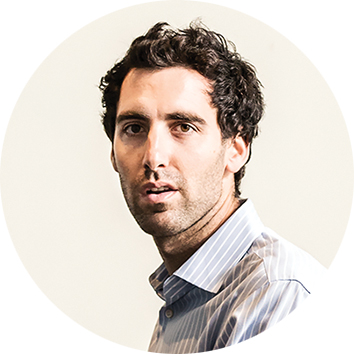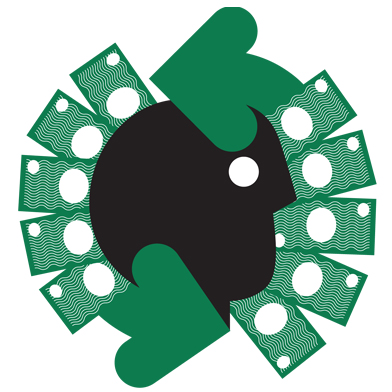
` Anthony Goldbloom, 30
A startup called Kaggle tries to bring smart people to knotty problems.
Anthony Goldbloom had been a data analyst when he founded Kaggle, a startup that helps companies outsource thorny problems to data crunchers like him. Yet when he was launching Kaggle, he relied on no data at all. He just figured it would work.
Back in 2008, Goldbloom was taking a break from his job as an analyst at the Australian Treasury. He had a reporting internship at The Economist in London—a position he snagged by winning an essay contest. While working on a story about predictive modeling, he spoke to people at large companies who told him how hard it was for them to make sense of data they had collected. Many companies didn’t even have anyone who could do it.
That gave Goldbloom the idea: he would create a website where data scientists could compete to win cash in their spare time by solving such problems for companies. He didn’t know much about programming, so he taught himself to code and built the website in his bedroom in Melbourne, Australia.
The site launched in 2010 with a contest that Goldbloom conceived and sponsored himself: $1,000 to the person who could determine most accurately how countries would vote in the annual Eurovision Song Contest. The BBC picked up the story, as did the tech news site Slashdot, which helped Goldbloom get the attention of institutions including the University of Pennsylvania and NASA. The insurance company Allstate offered $6,000 to whoever could come up with an algorithm for predicting the bodily-injury liability payments that result from accidents involving particular kinds of cars. An actuarial consultant in Australia took that prize.
As more and more companies began putting forward challenges, more and more data geeks joined Kaggle to vie for the opportunities. Now the user base exceeds 100,000, large enough to give the company another revenue stream: for a fee, it will match up companies with specific top performers.
“If you look around in the professional world, I can’t think of another labor market that’s truly meritocratic,” Goldbloom says. “That’s what we’re trying to create: the better you are, the more you earn, the more work you get.”
—Rachel Metz
